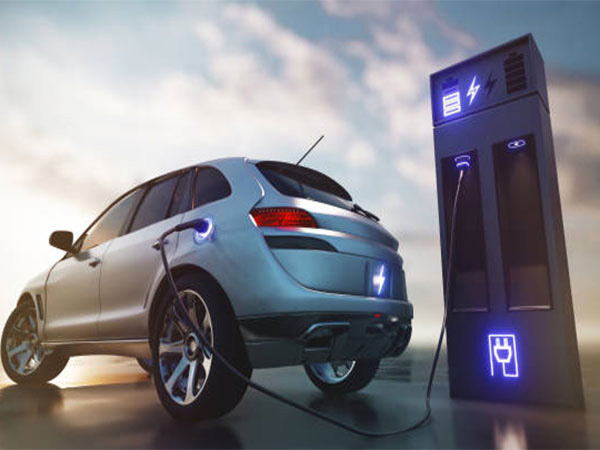India Needs 30,000 EV-Ready Workers Annually to Meet 2030 Vision, SIAM Study Reveals
India needs to increase its annual addition of EV-ready workers from 15,000 to 30,000 to achieve full localization of EV components by 2030, states a SIAM study. The report highlights job creation, skilling needs, and a Rs 13,552 crore investment for hiring and training the workforce.

- Country:
- India
New Delhi [India], July 16 (ANI) – India must ramp up its annual influx of EV-ready workers from 15,000 to 30,000 to fully localize electric vehicle components by 2030, according to a study by the Society of Indian Automobile Manufacturers (SIAM) unveiled on Tuesday.
The 'EV Skill Gap Study' predicts that the advent of electric vehicles will generate approximately 200,000 direct jobs, not accounting for shop floor and contractual workers. A total of Rs 13,552 crore is estimated to be needed for staffing and training.
The automotive industry will require up to 200,000 skilled workers by 2030 to align with the government's target of 30% EV adoption. Currently, India adds 15,000 EV workers annually, a figure that must double to meet these ambitions, as per the study launched by Union Minister of Heavy Industries and Steel, HD Kumaraswamy, during a SIAM-hosted workshop.
The report identifies a 43% mismatch in technical skills between Internal Combustion Engine (ICE) and EV sectors, necessitating fresh skilling. However, 27% of competencies overlap, allowing for re-skilling of current talent.
Cost analysis in the report estimates a hiring expenditure of Rs 7,671 crore and a training cost of Rs 5,881 crore. India will also need 60 Automotive R&D centers by 2030. The report notes that only 57.44% of B.E. and B Tech graduates are currently employable, with an even lower percentage fit for the EV and digital sectors.
The study recommends revising curricula across 15 competencies in India due to a faculty shortfall of 38% in top engineering institutions. High-quality EV educators are noted to prefer industry roles over academic positions.
(With inputs from agencies.)
ALSO READ
Massive Expansion at Jawaharlal Nehru Port to Boost Capacity and Job Creation
Govt Reaffirms Commitment to Job Creation as Unemployment and Inflation Figures Rise
MSMEPCI's Initiatives to Boost Nagaland's Economy with Job Creation and Financial Schemes
Union Cabinet Greenlights 'BioE3 Policy' to Boost Biomanufacturing and Job Creation
Researchers unveil rare electron localization phenomenon in semiconductors










